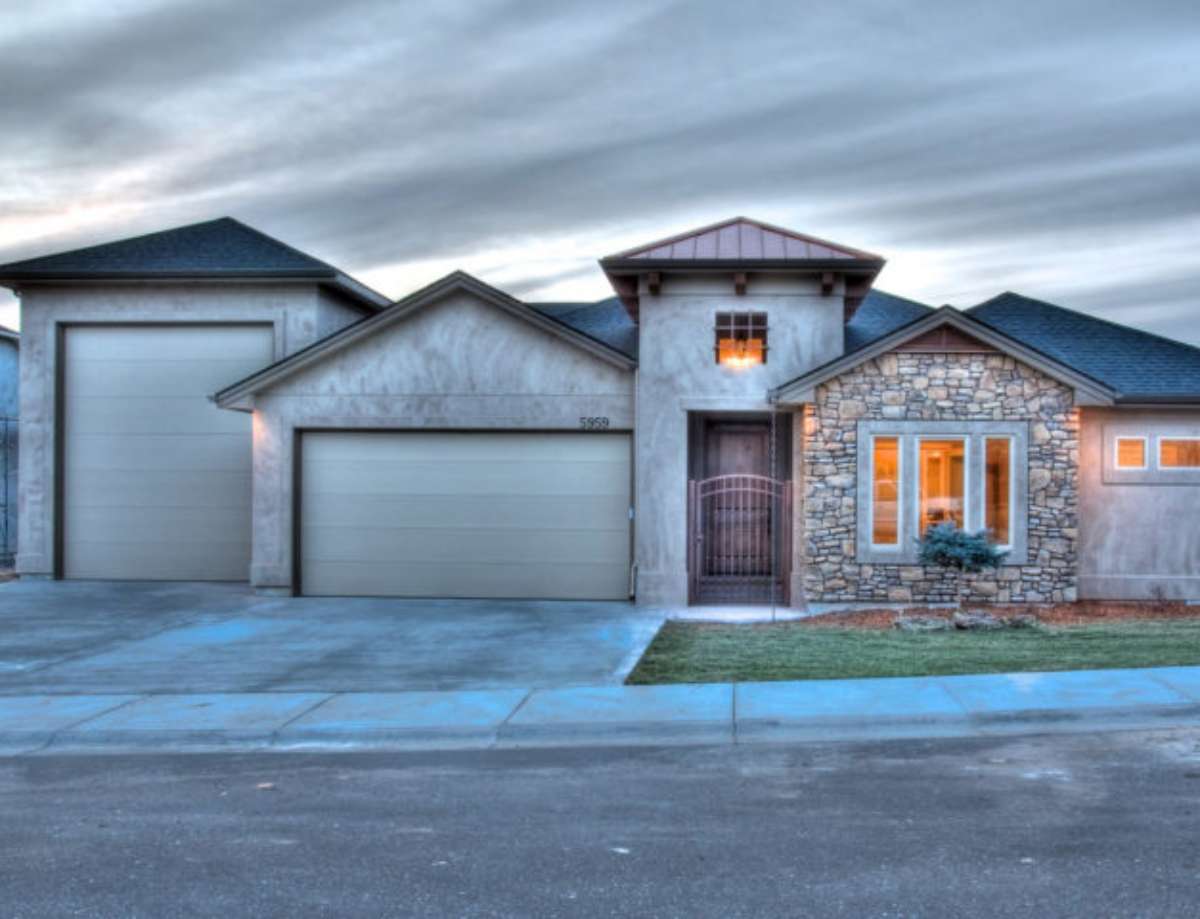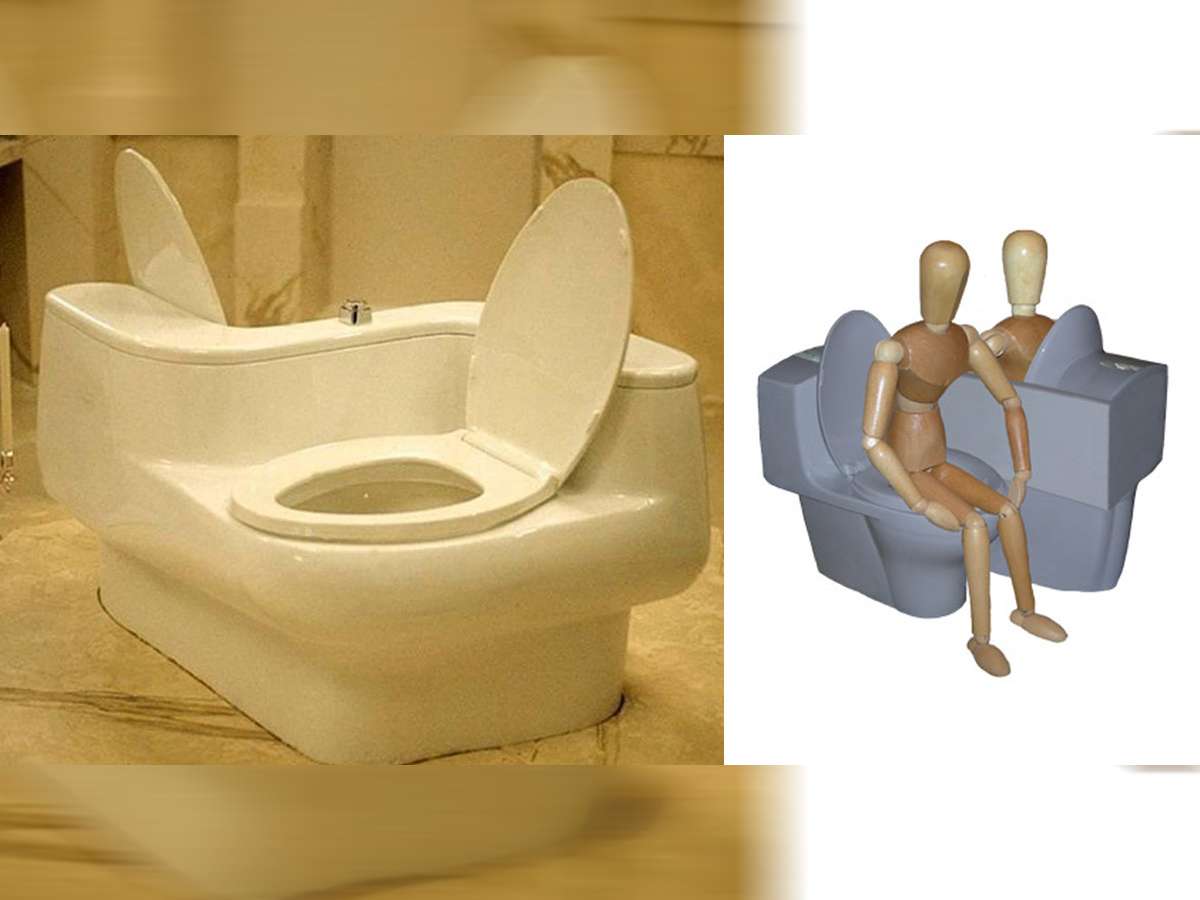 If you are in the market for a water heater for your home, I urge you to buy an Energy Star water heater. What do I mean when I say ‘Energy Star water heater’? Simple. An
If you are in the market for a water heater for your home, I urge you to buy an Energy Star water heater. What do I mean when I say ‘Energy Star water heater’? Simple. An
It’s very important that you choose your water heater wisely if you want to keep more of that green in your wallet. I purchased my gas-fired Maytag storage water heater in 2002 and I wasn’t aware of Energy Star at the time, but I did my research and chose a reliable brand/model that was energy efficient. It has served us well (knock on wood).
I chose to do my research while my water heater was in working order so that I could make an informed decision without being rushed. I suggest you do the same. You know how that goes.
Remember Murphy’s Law.
Your water heater will break on a Sunday evening on a holiday weekend $$$.
Follow these steps and you’ll be well informed when all is said and done.
Energy Star water heater is one that has met stringent energy and efficiency guidelines as stated in the U.S. Department of Energy’s Energy Star program.
These fuel efficient water heaters will save fuel, therefore, saving you money. You might even receive a rebate if the unit you purchase meets Energy Star guidelines. Are you cool with that? Good. Let’s move on.
So…how do you begin the process of finding the right Energy Star rated water heater for your household? The answer is diligence and research. Lucky for you that you’ve landed on this article. I’m going to take you through the process of buying the most efficient water heater, while at the same time, one that meets your needs.
The average life cycle (a.k.a. life expectancy) of all types of conventional water heaters are approximately 13 years .
Demand gas water heaters (with no pilot light), better known as tankless or instantaneous, are expected to last approximately 20 years.
The same goes for a solar water heater with electric back-up… approximately 20 years.
The life cycle is also affected by outside factors.
- The chemistry of the water entering your home, you know, the pH (soft or hard).
- How well you maintain your water heating unit.
- Proper installation
Choosing the right water heater for you is a 4-step process:
- Fuel Choice and Sizing
- Comparing Life Cycle Costs
- Energy Efficiency
- Select a New System
When Choosing a Water Heater, What Type of Fuel is the Right Choice For You?
If you are having a home built for you, the choices are wide and varied. If you are researching water heaters to replace an existing water heater, many of the decisions have already been made for you by virtue of the fuel type and size…unless you convert to tankless (demand gas) or solar from whatever system you currently have.
Avoid electric water heater storage units (electric resistance water heater), if at all possible (*see the exception to the rule below). Electricity is a very expensive way to heat your water versus gas due to low efficiency. Not only that, electricity is not necessarily environmentally friendly. Think “Clean Coal” (chuckle chuckle). Coal-fired power plants are a major source of electricity in the U.S.. Obviously, electricity is derived from various sources, but coal is a major player.
*The exception to the rule when you have no choice but to choose an electric unit is a heat pump. They use one-third to one-half as much electricity than conventional electric resistance type water heaters. A heat pump water heater works basically the same way as a heat pump that heats the air for your home. It captures the heat from outdoors and heats the water. They are fairly new so they may not be available in your area. You also need to live in a warm climate in order to use it year-round. The efficiency of a heat pump water heater blows away anything else I’ll mention here.
If you currently have an electric water heater and have natural gas available to you, consider making a switch to natural gas. It’s cleaner, it’s cheaper and it’s widely available.
Solar energy is widely available (duh), as well, unless you’re a cave dweller. Solar water heating systems are more expensive than all other types but they are also much cheaper to run. The government hasn’t figured out how to charge you for solar energy yet so feel free to go this route. Just consider your surroundings, which way your roof is facing, trees, how much full sunlight you receive on a daily basis.
What Size Water Heater Should I Buy?
Things to think about when considering the capacity of your new water heater:
- If you are replacing an existing water heater storage unit and it has taken care of your needs, you can feel secure in choosing a new water heater with the same capacity.
- If the old water heater wasn’t able to keep up with demand…it’s time to increase the capacity…or…become more efficient when using hot water. You can increase capacity in a couple of different ways. Buy two tanks or buy a larger one to serve the needs of everyone. If you buy an additional tank you don’t have to have two identical tanks. You could purchase a much smaller one to handle a particular task and a larger one to handle the rest of the household.
- First Hour Rating – Your new system should be able to handle the busiest part of your day. Being able to recover quickly is a major guideline when determining the proper size for your household. You need to know how to determine your hot water usage. That’s a worksheet link for you to figure your use. It’s very helpful and essential to determine your real hot water usage. The higher the ability to recover – the better.
Investigate these links to see which size (by type) is best suited for your daily needs:
- Heat Pump
- Tankless (Demand / Instantaneous)
- Solar Water Heating System
- Storage and Heat Pump (with Storage Tank)
- Tankless Coil and Indirect Water Heaters
Find out if the water heater you have in mind qualifies for a rebate.
We’re not done yet:
Selecting a Water Heater System
How to Increase Your Water Heater Efficiency
Sources:
U.S. DOE
American Council for an Energy-Efficient Economy (ACEEE)
Energy Star



